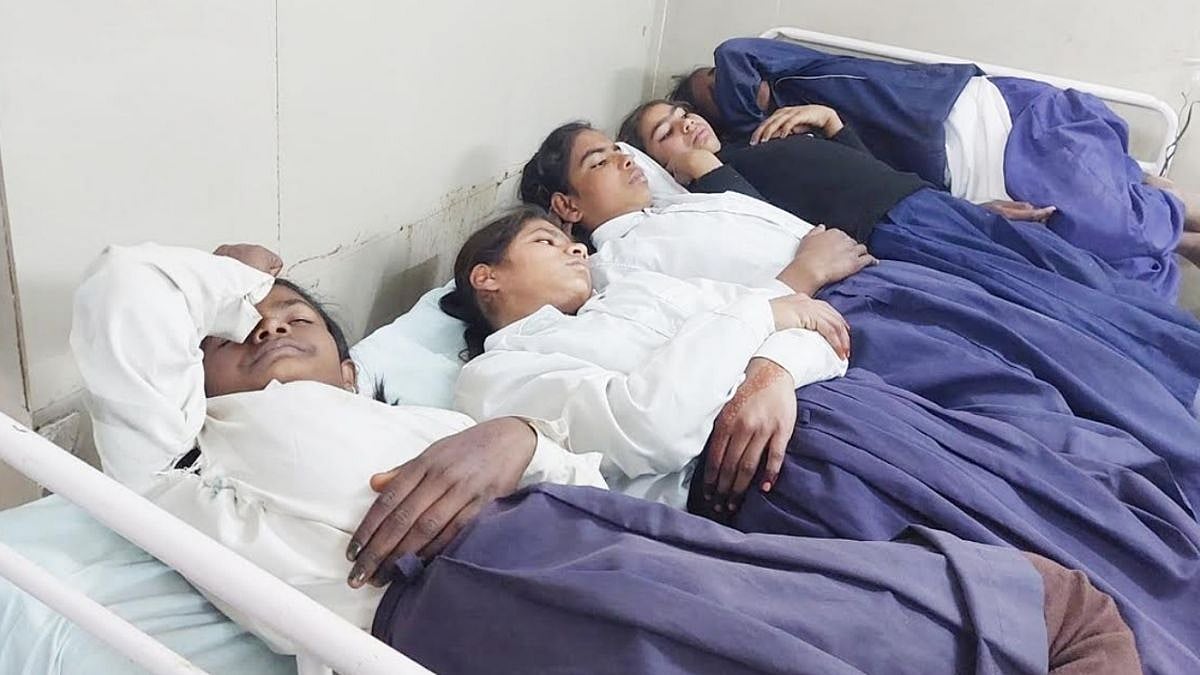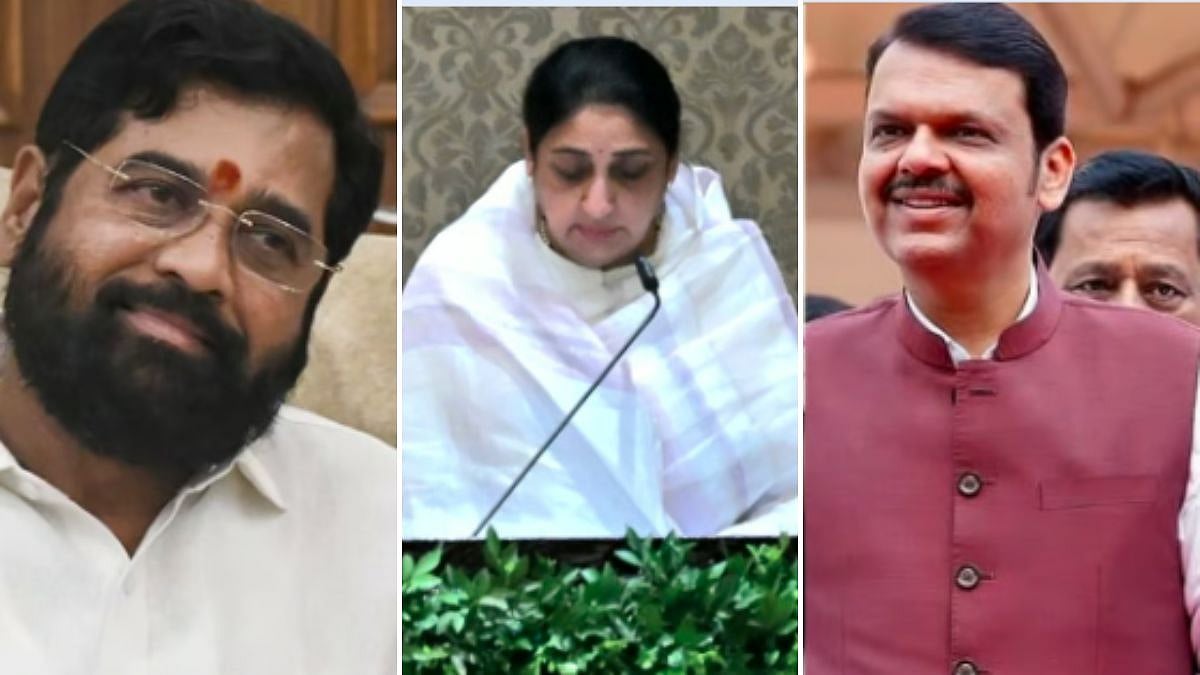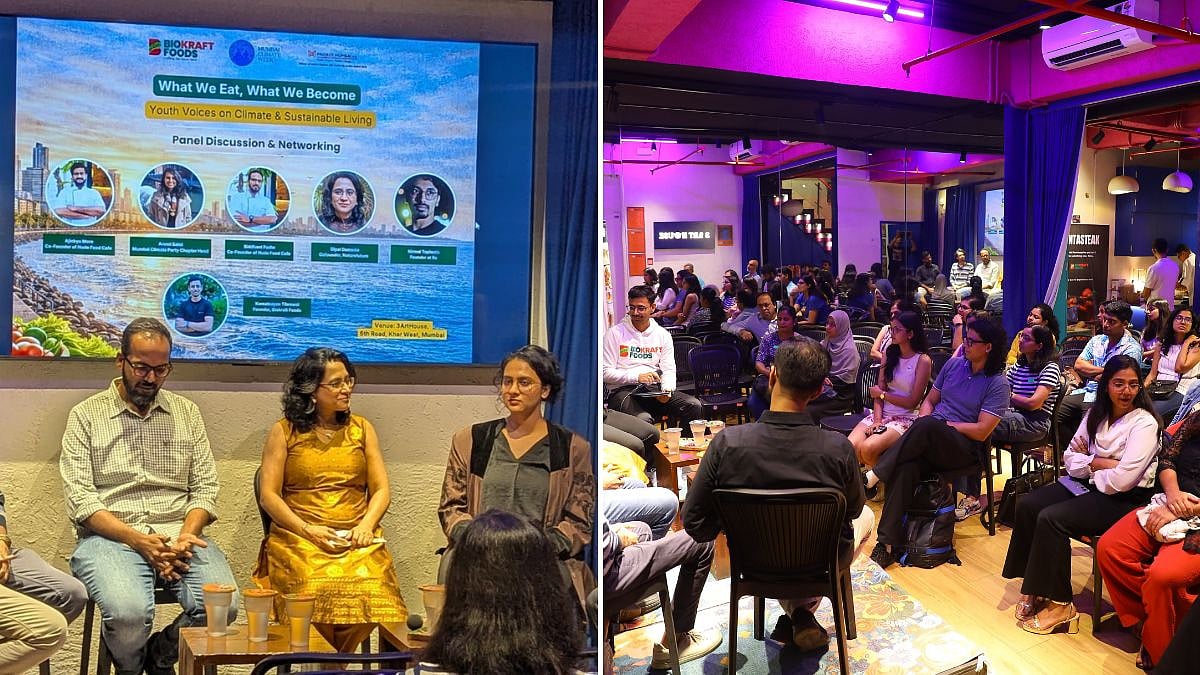Speaking exclusively to Free Press Journal, social activist Pramod Jhinjade, Chief Functionary at Mahatma Phule Samaj Seva Mandal, elaborated on how he campaigned and continues to do so in a bid to convert his dream to abolish widow rituals in India into a reality. He said, the process has started in India with Maharashtra taking the lead.
Herwad village in Shirol tehsil and historic Mangaon in Hatkanangle tehsil in Kolhapur district is the first village in India to pass the resolution at gram sabhas on the occasion of Maharashtra Day (May 1) to ban widow rituals.
It's not just a Hindu ritual, but my research reveals that all religions have such practices. In fact, apart from India, Africa and China are also gripped by widow rituals which are much more horrific. My ultimate aim is to have a proper law that prohibits such rituals, and after this is achieved in India, I will turn my focus to eradicate widow rituals globally."
What inspired Jhinjade to take up the cause?
When asked what inspired him to take up such a cause despite having no social or political background, Jhinjade said, "It all started in the pre-corona era. In 2020, I attended a funeral of a Hindu worker. At the time when his body was being cremated, I heard some clamour among some ladies. I thought there was some dispute. Soon I saw a group of ladies breaking the bangles of the woman who had lost her husband, wiping her bindi and snatching her 'mangalsutra. She weeped, she pleaded, she kept saying she wanted to have all of that as a memory of her husband. Everyone was weeping, but no one took a step to stop what was happening."
He further said, "That day I decided. I will not let my wife suffer. I got an affidavit filed which called for an action if anyone tries to pressurise my wife to follow any ritual after I die. With great opposition and difficulty, I got the affidavit filed and my wife was left in tears."
How did a sentiment of a comman man take the form of a big campaign?
When asked how he took his campaign to an extent that two villages of Maharashtra actually actively banned the ritual with due consent of the sarpanches which are often obstacles to social reform, he said, "Maharashtra is a land that is home to people like Mahatma Jotoba Phule and Anandibai Joshi. Such reforms are not new. I roped in all the village leaders and patiently kept spreading the word. I got a tremendous response. It all started with allowing and inviting widows to hoist flag on Independence day or participate in Ganesh Chaturthi celebrations, etc."
After being asked if he faced any challenges, Jhinjade said, "Yes definitely I faced opposition, even threats calls, but I was firm on my path and fortunately no obstacle stopped me from heading towards my goal."
It's a privilege to wear jewellery. It's a privilege to some day decide to not wear jewellery at all. Many of us living in metro cities have no idea what women in some pockets of the country go through. We can't relate to a situation in which someone else is deciding our routine attire. We cannot relate to facing dire consequences for not following the protocols decided by others.
Speaking specifically about Maharashtra, as per rituals designed by upper-caste Hindu customs, after losing her husband, a widow is expected to be immediately physically detached from the world and socially ostracised. How will they do it? Her marital bangles will be broken, her vermilion will be wiped off, her head will be shaved, she will part ways from her mangalsutra, she will wear a maroon colour saree or a white colour saree. In old days, she would be often referred to as "Tambdi baai" in some parts of the state.
These rituals will be performed in the presence of all the family members and social circles. After this, she will be locked in a room, where she will be left all alone, she will cook for herself, eat, sleep and live her life in that one room.
When asked what would be an ultimate solution to this, Pramod Jhinjade said, "having a new law in the constitution banning such practices is the only solution that will bring true results."







